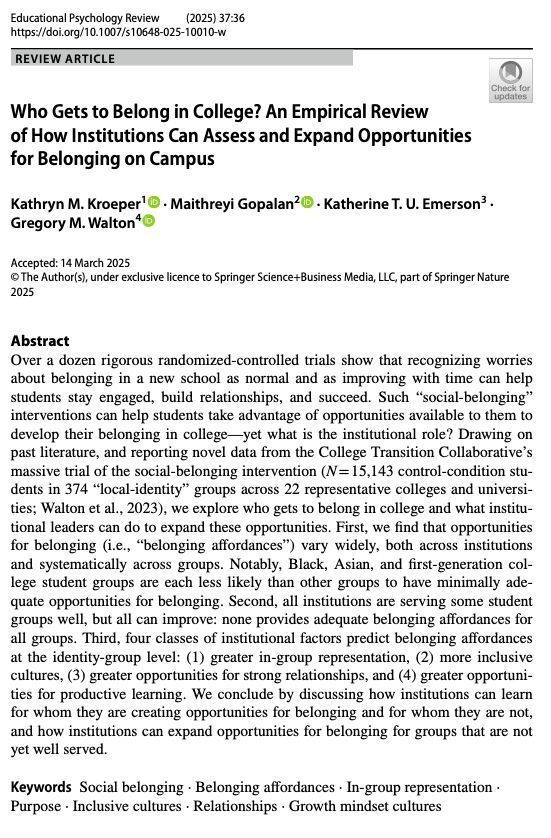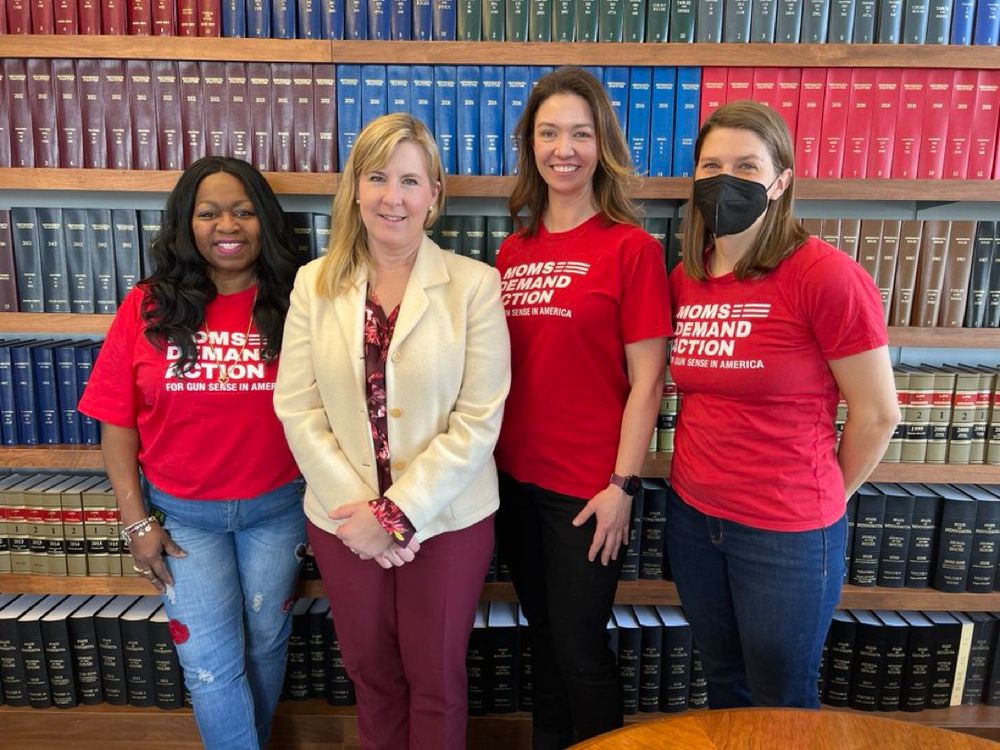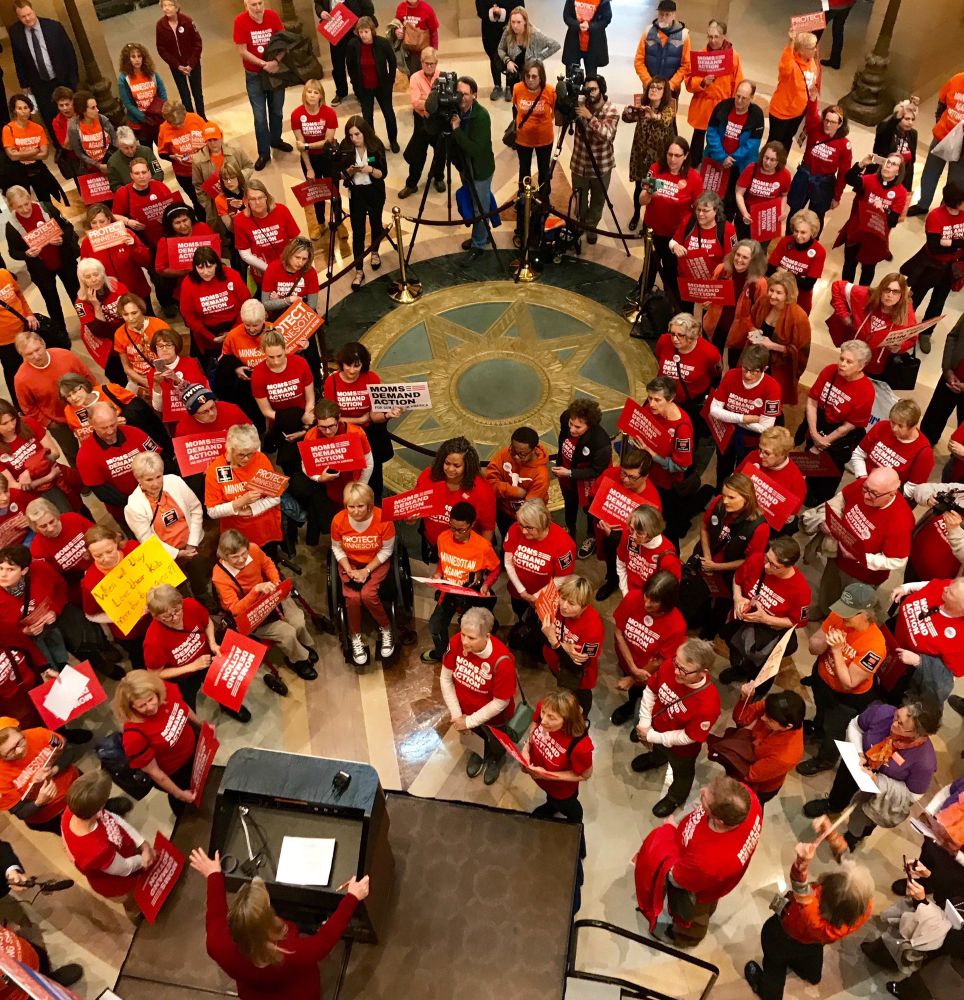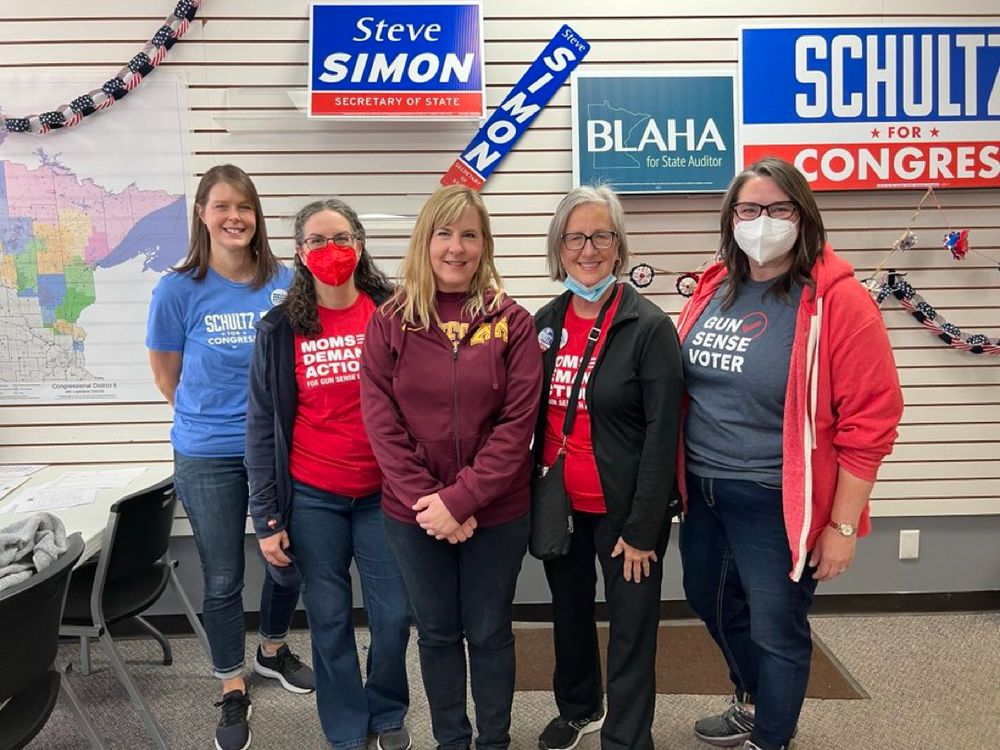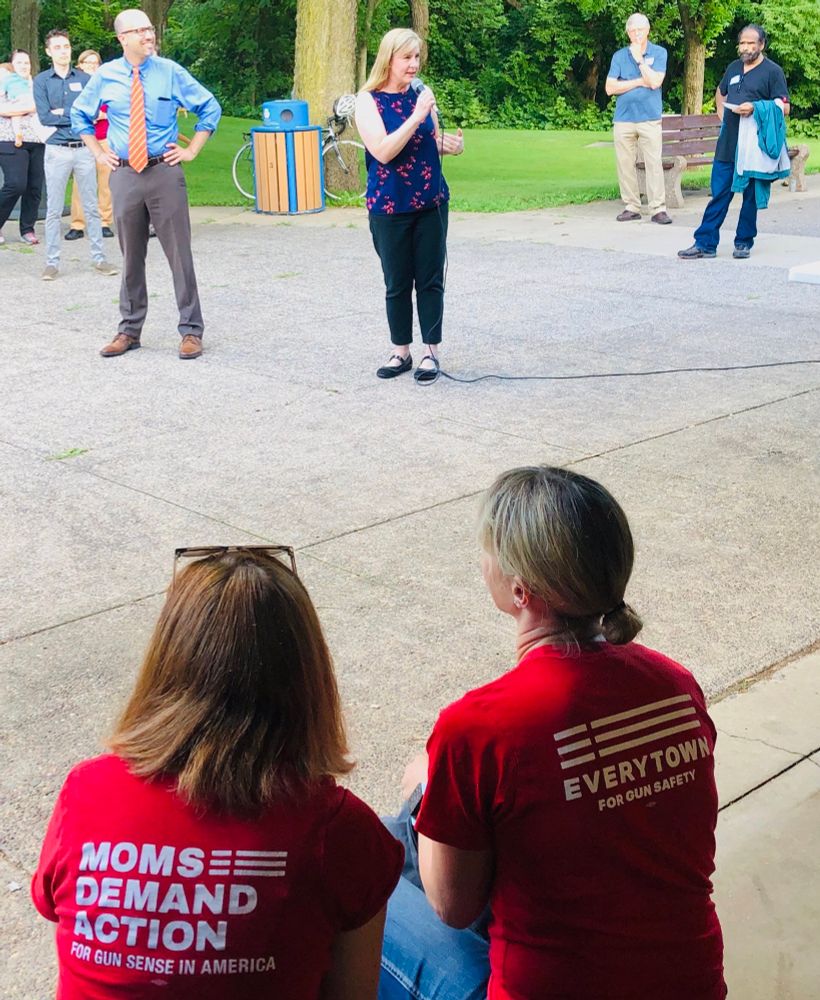Katie Kroeper
@katiekroe.bsky.social
1.7K followers
1.1K following
65 posts
Social Psychologist (Asst. Prof @ Sacred Heart University) w/ a focus on educational settings; studying lots of things, including identity threat, belonging, and thriving; I’m a mom, board game nerd, and (out of practice) ballroom dancer
Posts
Media
Videos
Starter Packs
Reposted by Katie Kroeper
Reposted by Katie Kroeper
Sean Carroll
@seanmcarroll.bsky.social
· Aug 12
Carl T. Bergstrom
@carlbergstrom.com
· Aug 12
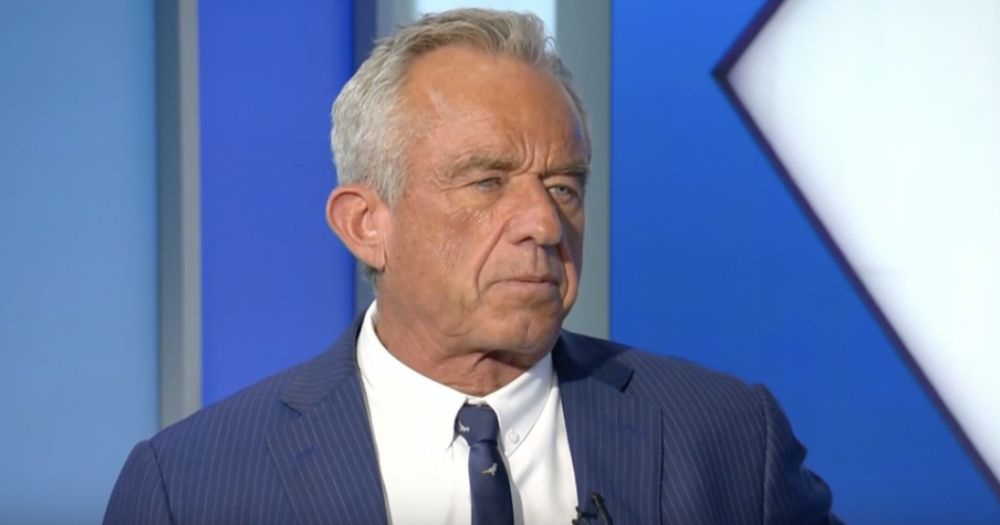
RFK Jr. in interview with Scripps News: ‘Trusting the experts is not science’
HHS Secretary RFK Jr. sat down with Scripps News for a wide-ranging interview, discussing mRNA vaccine funding policy changes and a recent shooting at the Centers for Disease Control and Prevention.
www.scrippsnews.com
Reposted by Katie Kroeper
Reposted by Katie Kroeper
Reposted by Katie Kroeper
Big Data Kane
@cmwitko.bsky.social
· Jul 8
Reposted by Katie Kroeper
Reposted by Katie Kroeper
Reposted by Katie Kroeper
Reposted by Katie Kroeper
Reposted by Katie Kroeper
Jonathan Cohn
@jonathancohn.bsky.social
· Jun 14
Katie Kroeper
@katiekroe.bsky.social
· Jun 13
Katie Kroeper
@katiekroe.bsky.social
· Jun 13
Katie Kroeper
@katiekroe.bsky.social
· Jun 13
Katie Kroeper
@katiekroe.bsky.social
· Jun 13

New Research: How Colleges Can Expand Opportunities for Student Belonging on Campus
Data from over 15,000 students across 22 universities show many institutions fail to provide adequate opportunities for belonging for all students; here’s what institutions can do.
theequityaccelerator.substack.com
Katie Kroeper
@katiekroe.bsky.social
· Jun 13
Katie Kroeper
@katiekroe.bsky.social
· Jun 13
Katie Kroeper
@katiekroe.bsky.social
· Jun 13
Katie Kroeper
@katiekroe.bsky.social
· Jun 13
Katie Kroeper
@katiekroe.bsky.social
· Jun 13
Katie Kroeper
@katiekroe.bsky.social
· Jun 13


